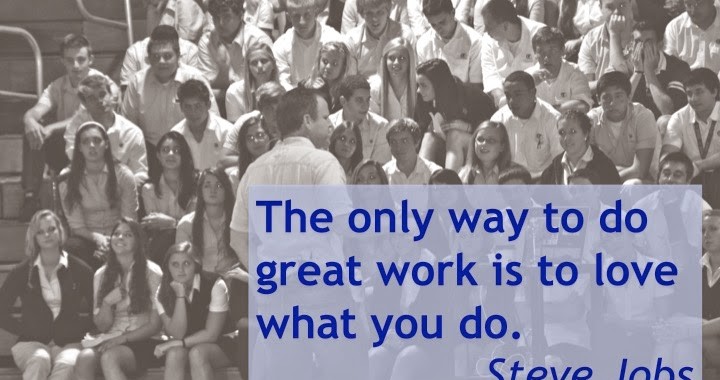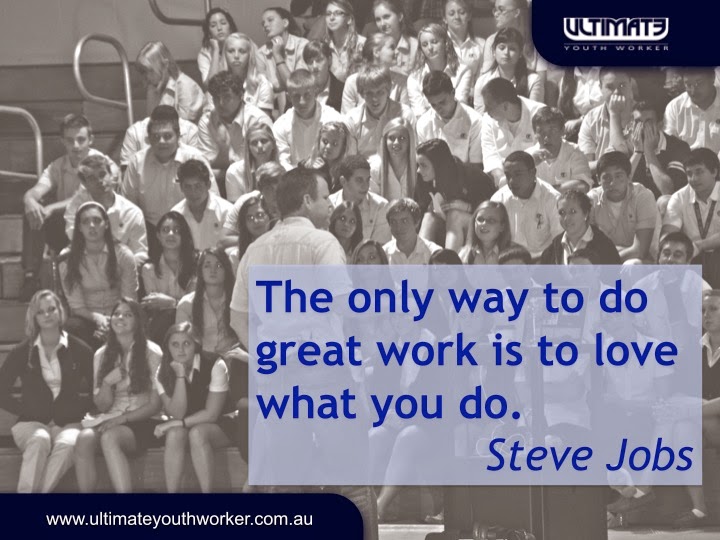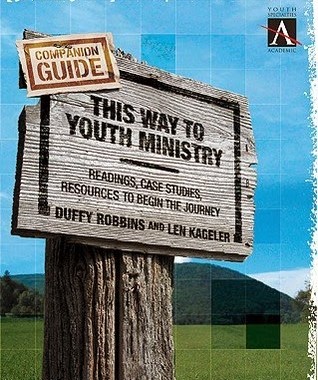Why are you a youth worker?
Funding cuts to youth related programs
Funding cuts
Mandatory reporting of abuse for youth workers may be a thing of the past.
We have spoken a number of times about the duty of care that youth workers hold to report abuse. In Victoria, youth workers are currently not mandated by legislation to report abuse. However this looks like it will change very soon. In a move to enact recommendations of the Victorian enquiry into child sexual abuse two pieces of legislation are set to be tabled. These pieces of legislation will require all adults to report abuse under threat of jail time if they do not.
See the news article here: http://www.abc.net.au/news/2014-03-25/failure-to-report-child-sexual-abuse-will-lead-to-jail-term/5343960
We at Ultimate Youth Worker applaud the Victorian government for this move and hope that it comes with the substantial resources required to follow up on the reports to come.
Professional development for Youth Ministers about youth work.
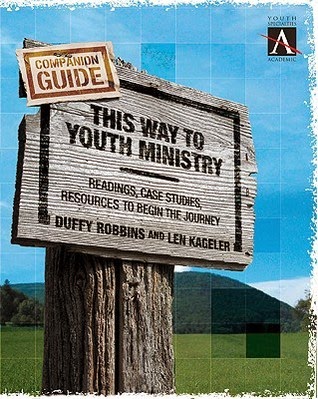 We know that a significant number of our readers are youth ministers who are seeking to develop a deeper understanding of young people and youth work. We commend this endeavour. One of the slurs thrown at youth ministry is that it is little more than games and coffees… We disagree wholeheartedly. Youth work in a church context has become more and more complex over the years. More youth ministry professionals have sought to bring the training of youth ministers in line with their secular counterparts injecting developmental and psychological understanding into the theological context.
We know that a significant number of our readers are youth ministers who are seeking to develop a deeper understanding of young people and youth work. We commend this endeavour. One of the slurs thrown at youth ministry is that it is little more than games and coffees… We disagree wholeheartedly. Youth work in a church context has become more and more complex over the years. More youth ministry professionals have sought to bring the training of youth ministers in line with their secular counterparts injecting developmental and psychological understanding into the theological context.  |
| YVQ February 2014 |
‘I was told I wouldn’t have time for reflective practice when I qualified as a social worker’
I recently came across this great article from Community Care in the UK through a post by the amazing Teenage Whisperer, Sam Ross. Sam reminds us that good supervision and support to reflect on the work is of extreme importance… something that as a social work student and youth worker in Australia we seem to lack as well.
Check out the post from Community Care here: ‘I was told I wouldn’t have time for reflective practice when I qualified as a social worker’
Being principled may get you into trouble
 Over the years more people than I can count have told me that my personality and behavioural styles can irk others and cause trouble. For those who know me well it comes as no surprise that on the Myers Briggs I come out as an ESTJ. Put another way I am a high D and a high I in the DISC behavioural style. I can be forceful, single minded and I do not suffer fools. I can also be the life of the party, an over communicator and start projects with gusto. I struggle to finish tasks, I live life in the clouds and absolutely hate to be down in the weeds with the detail. You see I know myself really well. I have spent a lifetime dealing with my demons and looking right into the good, bad and ugly of my innermost being. I am not afraid to face myself in all my glory and point at the flaws… and the positives.
Over the years more people than I can count have told me that my personality and behavioural styles can irk others and cause trouble. For those who know me well it comes as no surprise that on the Myers Briggs I come out as an ESTJ. Put another way I am a high D and a high I in the DISC behavioural style. I can be forceful, single minded and I do not suffer fools. I can also be the life of the party, an over communicator and start projects with gusto. I struggle to finish tasks, I live life in the clouds and absolutely hate to be down in the weeds with the detail. You see I know myself really well. I have spent a lifetime dealing with my demons and looking right into the good, bad and ugly of my innermost being. I am not afraid to face myself in all my glory and point at the flaws… and the positives.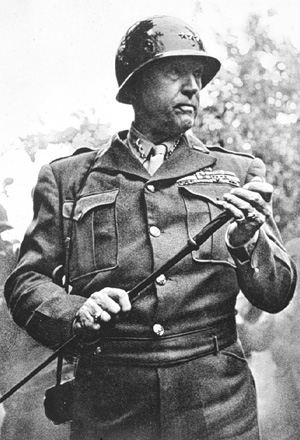 When I begin my lectures with new youth work students I ask them for 100%. I tell them they must know themselves and know their content to the highest standard. I tell them that if they do not want to do this they can leave my sector now. I do not want people who play a half assed game doing a number on the vulnerable young people I care about. As you could imagine this gets under the skin of a number of my students.
When I begin my lectures with new youth work students I ask them for 100%. I tell them they must know themselves and know their content to the highest standard. I tell them that if they do not want to do this they can leave my sector now. I do not want people who play a half assed game doing a number on the vulnerable young people I care about. As you could imagine this gets under the skin of a number of my students.What do you think??? Leave us a comment below.
Ongoing professional development: Its all about your budget.
Guest post on drownthenoise.com
Our Blog
- Click on “older posts” at the bottom of this page
- Click on one of the categories on the right hand side of the page to read specific types of posts (e.g. professional identity, youth work, self care etc)
- Use the “blog archive” on the right
Our Website
Connect with us!
- Subscribe to receive our posts via email (you can do it on the right hand side of this post) – you’ll receive one email a week with that week’s post(s). Don’t worry, we’ll never spam you or sell your details.
- Follow us on Twitter
- Like us on Facebook
